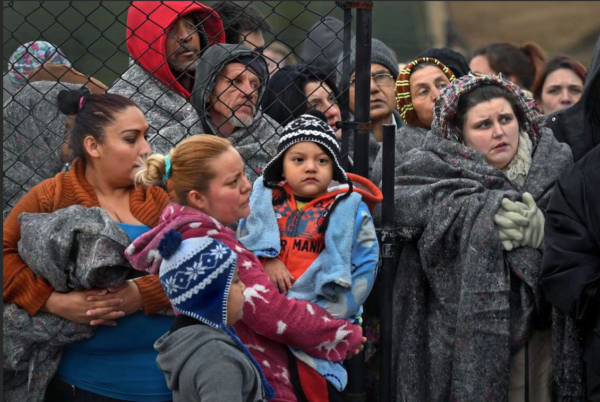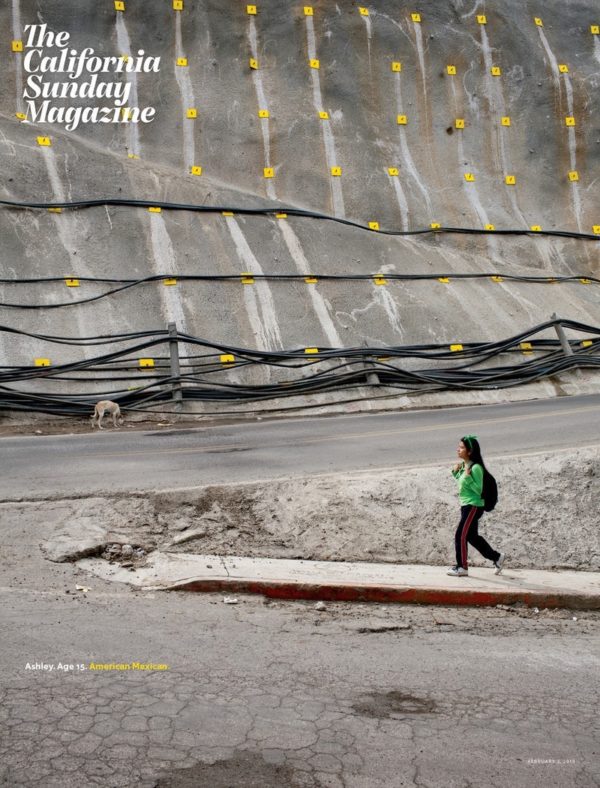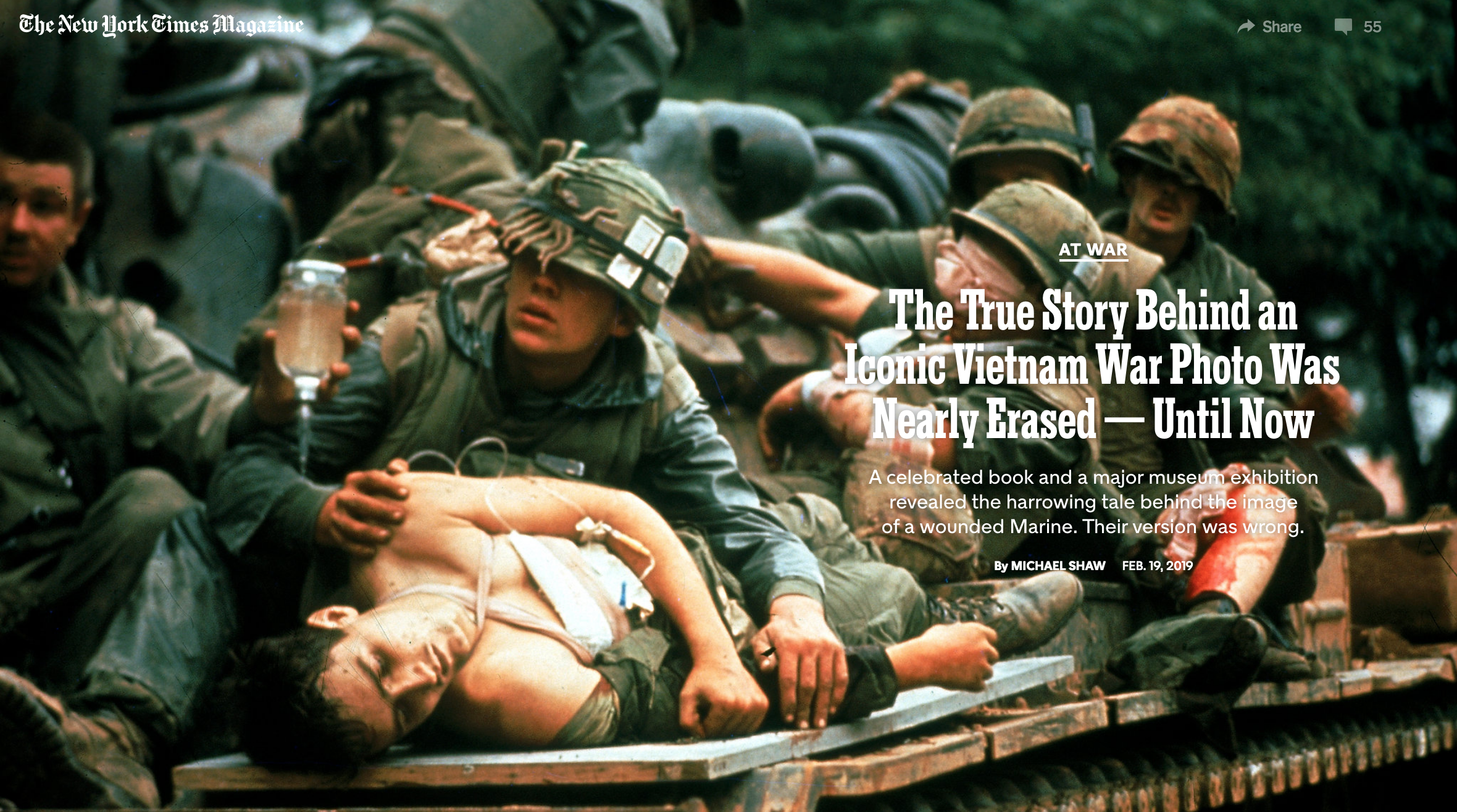Notes
Just Don’t Call it Socialism

The Cold War fight against communism was charged by worries that American society would be irreversibly degraded by huddled masses and short supply. 1989 supposedly marks the moment of triumph for western capitalism, but still today, a full thirty years after the fall of the Berlin wall, a term like “socialism” still gets used as a red alert against central planning. It works this way because so many people still have trouble wrapping their minds around how it is that socialism, which everyone knows will open the gate to communism, could ever be considered a legitimate option for economic policy in the US.
This is not a picture of a bread line, and yet there is a familiar hunger on display in the eyes, lips, and brows of folks who are clearly in need of affordable care. The photograph by Washington Post photographer Michael Williamson shows residents of Knoxville, Tennessee, a county that voted overwhelmingly for Donald Trump, waiting in line for “free” health care services. They are standing together in distress, waiting their turn for access to dental exams, eye exams, and other preventative medical procedures that a healthy society already should have made available.
Making matters worse, people who have been pushed into poverty have no shelter from public scrutiny. Only one member of this vulnerable group appears to look back at us. But given how our eyes keep getting pulled back toward the face of the white woman up front, this photograph further illustrates how the tendency to see poverty through the experience of individuals makes it harder to recognize that economic policy is really a social issue. We know this because the contemporary style of America’s economic handwringing cuts cleanly across lines of race, gender, ethnicity, and age.
Unfortunately, the look of economic hardship in Tennessee exhibits stylistic markers that many Americans still associate with nations that redistribute their wealth. There are layers of irony here, especially since this photograph is cutting through social media noise while opinion writers are warning us about the Russification of America. (The photo drew wide attention by way of a tweet by the managing editor for politics at NBC.)
But surely the postwar Eastern bloc throwback of Williamson’s photo doesn’t quite capture the kind of Russification those writers have in mind. Unlike those whose job it is to focus our attention on the authoritarianism, white nationalism, and press censorship of Trump and his Russian pal Putin, Williamson’s photograph captures the gray uniformity and systemic disappointment of the old Cold War adversary and reframes it as a visual argument in favor of a more socialized system of coverage and a stronger safety net. Since this argument is consistent with an indictment of rugged individualism, what seems most unfortunate about this photograph is its suggestion that the mantle of socialism—if not the actual practices—will continue to be rejected by those who most acutely experience the economic cruelty of American capitalism.
— Philip Perdue
Photo: Michael S. Williamson/Washington Post. Caption: People in need of medical, dental and vision care waited in a parking lot for 12 hours or more in cold temperatures for a chance at free services at the Tennessee Valley Fairgrounds in Knoxville.


Reactions
Comments Powered by Disqus